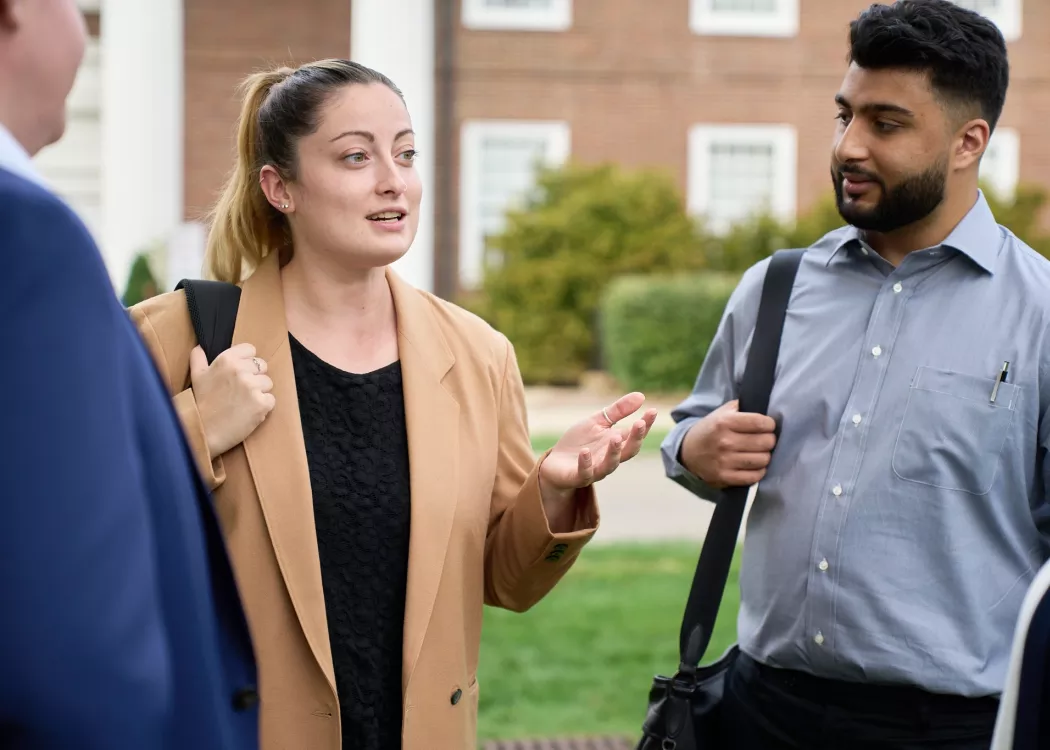
Dean of Students
DOS fosters a culture of care, accountability, self-advocacy, & development by upholding University standards, protecting student rights, encouraging collaboration & providing support & resources.
Support UofL Students in Times of Crisis
Make a difference & support UofL students facing catastrophic events. Donate to the Emergency Fund & help them reach their academic & personal goals.
Many of our students don't have a support system to fall back on when they encounter obstacles. The Student Emergency Fund has become a critical resource to help our students stay enrolled and make steady progress toward achieving their academic goals. Donate TODAY and help us show our Cardinals that we are invested in their success, especially when life obstacles threaten their ability to finish their degree.

UofL is transitioning to a new website platform. If you find broken links, please email DOS so we can direct you to the right page.
Dean of Students Office Services & Support

Care & Advocacy
DOS provides personalized support for students facing academic, personal, or emotional challenges by connecting them with campus & community resources, coordinating care, & navigating obstacles.

Complaints & Grievances
The UofL Student Complaint process enables students to raise concerns regarding academic and non-academic experiences, following the guidelines outlined in the UofL Redbook Section 6.8.

Student Conduct
UofL's Code of Conduct sets clear expectations for student behavior, promoting a respectful, safe environment and maintaining the integrity of the academic and campus community

Resources & Support
A central hub where UofL community members can quickly access tools, services, information, and guidance to support personal and academic success.

Policies & Procedures
Essential information on UofL's policies, regulations, and guidelines. It covers behavioral expectations, campus services, facility use, emergency procedures, and student support.

File a Report
Provides quick access to all Dean of Students Office reports, as well as other important university forms, making it easy for students and staff to find and complete the documents they need.

DOS Impact
2229
Number of individual students who worked with DOS 2023-2024
$43,956
Emergency funds issued in 2023-2024
60
Number of students who received emergency funds in 2023-2024
275
Advocacy cases DOS assisted with in 2023-2024
